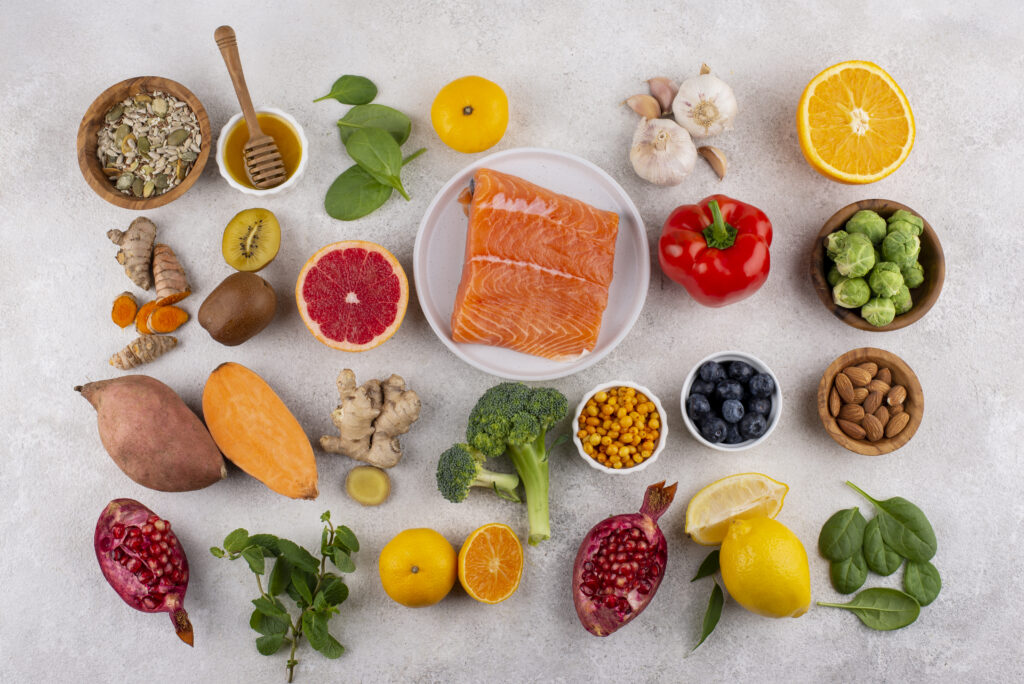Start Taking Folic Acid in Advance
Planning to have a baby is an exciting and life-changing decision. If you’re considering starting a family, it’s essential to take care of your health even before conception. One of the most important steps you can take is starting folic acid supplements early.
What is Folic Acid and Why is it Important?
Folic acid is a type of B vitamin (B9) that plays a crucial role in cell growth and development. It is especially important for women who are trying to conceive, as it helps prevent serious birth defects in the baby’s brain and spine. However, it also offers benefits for men, supporting overall reproductive health.

Benefits of Taking Folic Acid Before Pregnancy
1. Prevents Neural Tube Defects (NTDs)
Neural tube defects, such as spina bifida and anencephaly, occur in the early weeks of pregnancy, often before a woman even knows she is pregnant. Taking folic acid in advance significantly reduces the risk of these conditions.
2. Supports Healthy Fetal Development
Folic acid aids in DNA formation and cell division, which are crucial for the baby’s early development. It ensures proper growth of the brain, spinal cord, and other vital organs.
3. Reduces the Risk of Pregnancy Complications
Women who take folic acid before and during pregnancy have a lower risk of miscarriage, preterm birth, and other complications. It also helps in preventing anemia, which is common during pregnancy.
4. Boosts Male Fertility
Folic acid isn’t just for women—it also plays a role in male fertility. It contributes to healthy sperm production and improves sperm quality, increasing the chances of conception.
How Much Folic Acid Should You Take?
Experts recommend that women trying to conceive should take 400 to 800 micrograms (mcg) of folic acid daily at least one month before pregnancy and continue through the first trimester. Some women, such as those with a history of neural tube defects or other medical conditions, may require a higher dosage as prescribed by a doctor.
Natural Sources of Folic Acid
While supplements are the best way to ensure you’re getting enough folic acid, you can also include these folate-rich foods in your diet:
- Leafy greens (spinach, kale)
- Citrus fruits (oranges, lemons)
- Legumes (lentils, beans)
- Fortified cereals and grains
- Nuts and seeds

Final Thoughts
If you’re planning to start a family, don’t wait until pregnancy to start taking folic acid. Begin early to give your baby the best possible start in life. Talk to your doctor to ensure you’re getting the right dosage and making the healthiest choices for you and your future baby.
